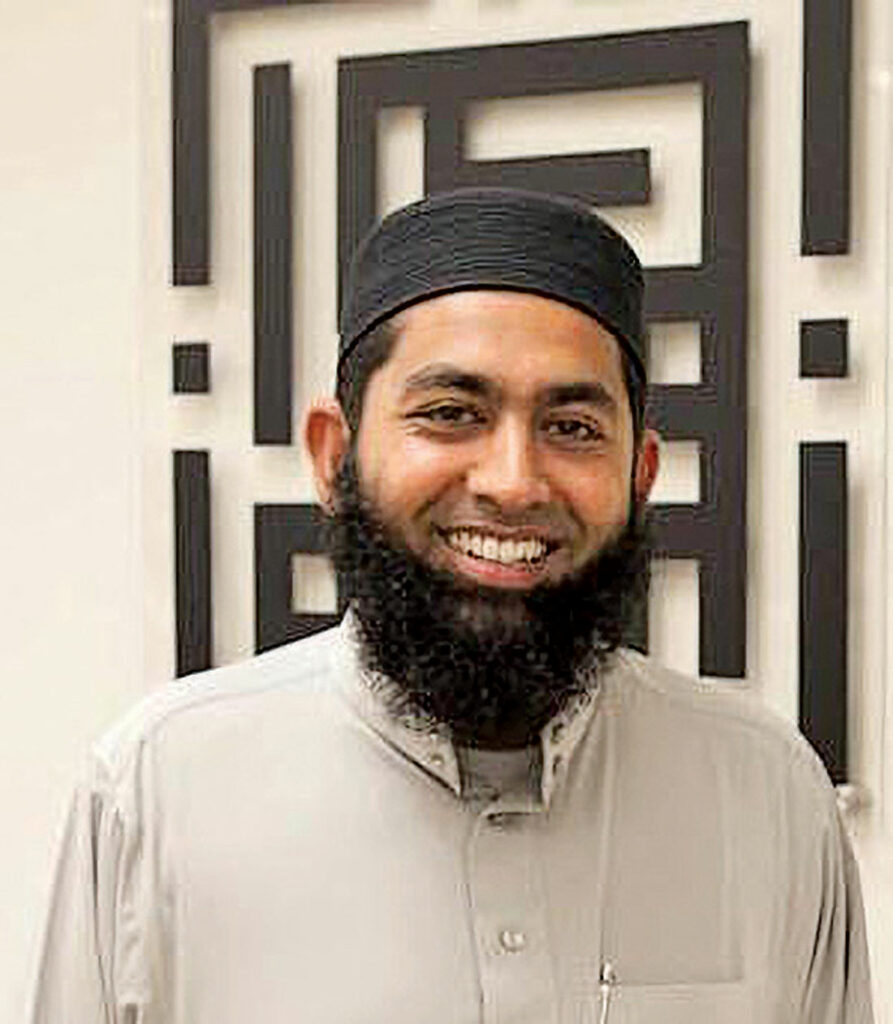As the ninth month of the Islamic lunar calendar approaches, Muslims around the world prepare for Ramadan, a time of fasting, prayer and spiritual renewal. For people of other faith, this month may seem mysterious; why do Muslims fast from dawn to sunset? What does Ramadan mean beyond abstaining from food and drink? Here’s some insight into this sacred time to help foster interfaith understanding.

What Is Ramadan?
Ramadan is the holiest month in Islam, commemorating the time when the Prophet Muhammad received the first revelations of the Quran in the 7th century. Muslims believe it is a time for deep reflection, self-discipline and closeness to God.
The core practice of Ramadan is fasting, which means abstaining from food, drink, smoking and even marital relations from dawn to sunset. However, fasting in Islam is not just about physical discipline—it is also about spiritual purification, increased devotion and empathy for those who are less fortunate.
Why do Muslims fast?
Fasting during Ramadan is one of the Five Pillars of Islam—fundamental acts of worship that guide a Muslim’s faith and actions. The fast serves multiple purposes.
• Spiritual reflection: It is a time to turn away from distractions and focus on one’s relationship with God.
• Self-discipline: Fasting encourages patience and resilience, helping individuals control their desires and bad habits.
• Gratitude and empathy: By experiencing hunger and thirst, Muslims develop compassion for the poor and a greater appreciation for their blessings.
What is the daily routine in Ramadan?
The day begins with a pre-dawn meal that sustains individuals throughout the fast. After this, Muslims perform the morning prayer before beginning their day.
Work, school and regular activities continue as usual, though many take extra time for prayer and reading the Quran.
Families and communities gather for meals, fostering a deep sense of togetherness. Many then attend the nightly prayers performed during Ramadan.
How does Ramadan end?
At the end of Ramadan comes Eid al-Fitr, a joyful festival marking the completion of the fast. It begins with a special communal prayer, followed by feasting, giving charity, and spending time with loved ones.
How can you show support?
Interfaith understanding can be strengthened through small acts of respect and kindness. If you have Muslim friends or colleagues, be mindful of fasting hours. Avoiding eating in front of them isn’t necessary, but it is appreciated.
Wish them well by saying Ramadan Mubarak (Blessed Ramadan) or Eid Mubarak (Blessed Eid). Learn and engage by attending an iftar or simply asking questions about Ramadan, which can show support and deepen mutual respect.
Ramadan is more than just fasting; it is a time of renewal, compassion and community. By understanding its significance, we can foster greater respect and appreciation for the traditions that unite us all in faith and humanity.
Imam Ilyas Anwar is the religious leader for South Valley Islamic Community, serving them and the larger Muslim community in the Bay Area for more than 20 years. He is an active member of the Interfaith Clergy Alliance of South County and can be reached at in**@**ic.org.












